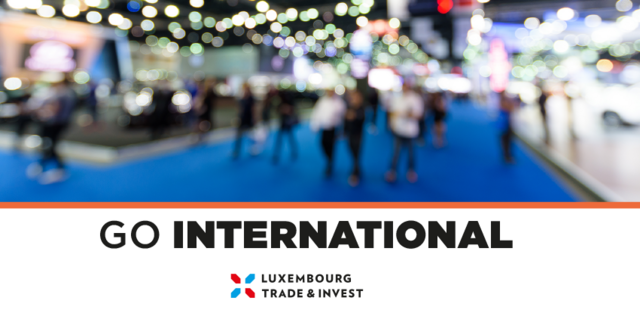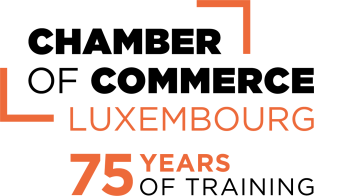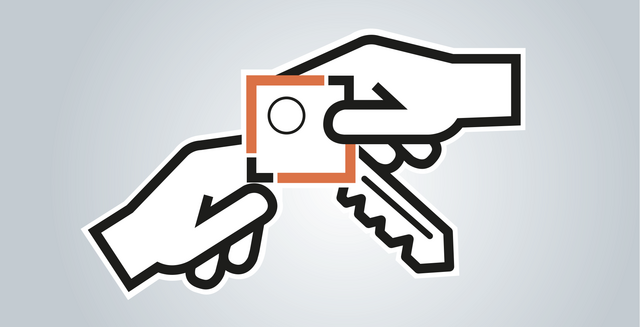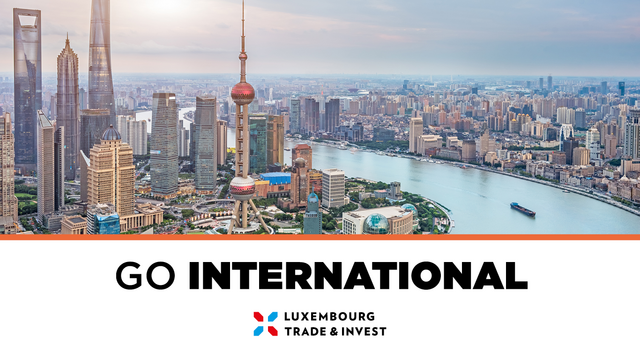

Vodafone was launched on 1 January 1985 under the new name, Racal-Vodafone (Holdings) Ltd, with its first office based in the Courtyard in Newbury, Berkshire, and shortly thereafter Racal Strategic Radio was renamed Racal Telecommunications Group Limited.
On 29 December 1986, Racal Electronics issued shares to the minority shareholders of Vodafone worth GB£110 million, and Vodafone became a fully owned brand of Racal. On 26 October 1988, Racal Telecom, majority held by Racal Electronics, went public on the London Stock Exchange with 20% of its stock floated. The successful flotation led to a situation where Racal's stake in Racal Telecom was valued more than the whole of Racal Electronics. On 16 September 1991, Racal Telecom was demerged from Racal Electronics as Vodafone Group.
In 30 years, the small mobile operator in Newbury has grown into a global business and one of the most valuable brands in the world. Vodafone now operates in around 30 countries and partner with networks in over 50 more. In an increasingly connected world, it's no longer just about being able to talk and text. Vodafone's network allows people to share images and videos as soon as they're captured; to share thoughts and feelings as soon as they're created. And because Vodafone now does more than just mobile in many markets, more customers look to Vodafone for great value in their fixed line and broadband services too.
Vodafone understands that businesses need a communications partner with solutions that scale and adapt as their business needs change and is constantly looking for new, innovative ways to help its business customers grasp every opportunity in a simple and straightforward way.
True to its origins, Vodafone has always committed to deliver useful and inspiring innovation. In 1991 Vodafone enabled the world's first international mobile roaming call. In 2002, with Vodafone Live! it set a new standard for mobile communications with internet access on the move. Fuelled by the desire for sustainable innovation, Vodafone recently introduced Vodafone Money Transfer which allows customers in emerging markets to send and receive money safely and easily using their mobile phone. The company has also caused a stir in the industry with the Vodafone 150 - its most affordable ultra low cost handset yet.
Vodafone Procurement Company Sarl (VPC) was established in Luxembourg in 2007 and is now Vodafone's global procurement hub. Vodafone has around 100k employees worldwide, 240 employees at the VPC. The VPC looks after Vodafone's global procurement, buying more than 400 categories of products and services. The VPC has around 180 dedicated procurement specialists on site, who help to combine the spend and requirements of Vodafone's 26 operating companies and other partners, and leverage this scale and scope to create value.
Interview with Warrick Cramer, Head of SCM Stategy & Innovation, Vodafone
What projects are you currently working on?
We have just recently signed a contract for a joint venture between the Vodafone Procurement Company and Technoport, which was announced at the Mobile World Congress in Barcelona by Prime Minister Xavier Bettel. This exciting new company - branded as 'Tomorrow Street' - will focus on globalising late stage startups and scaling them up through Vodafone's supply chain and its worldwide network of partners and customers. It is a unique concept and will be the only innovation centre of its type in the world - really exciting times!
What successes are you particularly proud of ?
We are really proud of the creation of Tomorrow Street, which wouldn't have been possible without the superb partnership of Technoport and the advice and time of many others in Luxembourg. We are really proud to call Luxembourg home and be part of the fast-growing tech sector.
What are the biggest challenges your sector is facing?
The digital age is advancing rapidly and in the telco world innovation is critical to long-term survival. In the near future, smaller and more nimble suppliers will become vital to the success of all telco companies. This is one of the key goals of Tomorrow Street - to find and cultivate ambitious companies that can change the world.
If you could change one thing about your sector, what would it be? How could the Chamber of Commerce support you?
The telco sector is by its nature highly competitive, and due to the rise of technologies such as the Internet of Things the sector faces major disruption and huge opportunities. Strategic collaboration between companies and across industries will be highly important in the coming years, and the Chamber does a great job in Luxembourg helping companies to connect. Keep up the good work!
Text: Corinne Briault / Vodafone - Photos: Pierre Guersing







